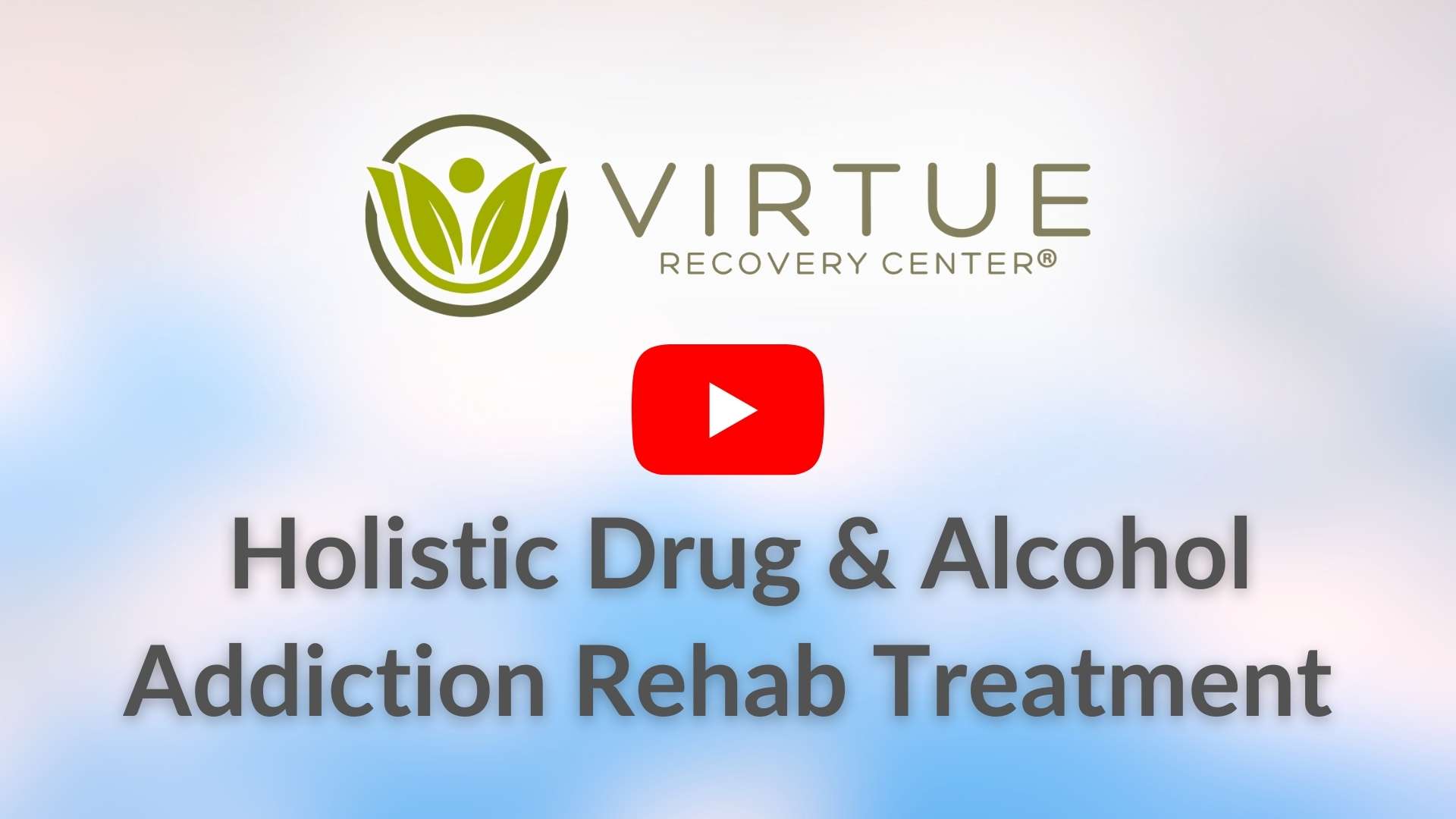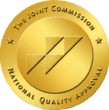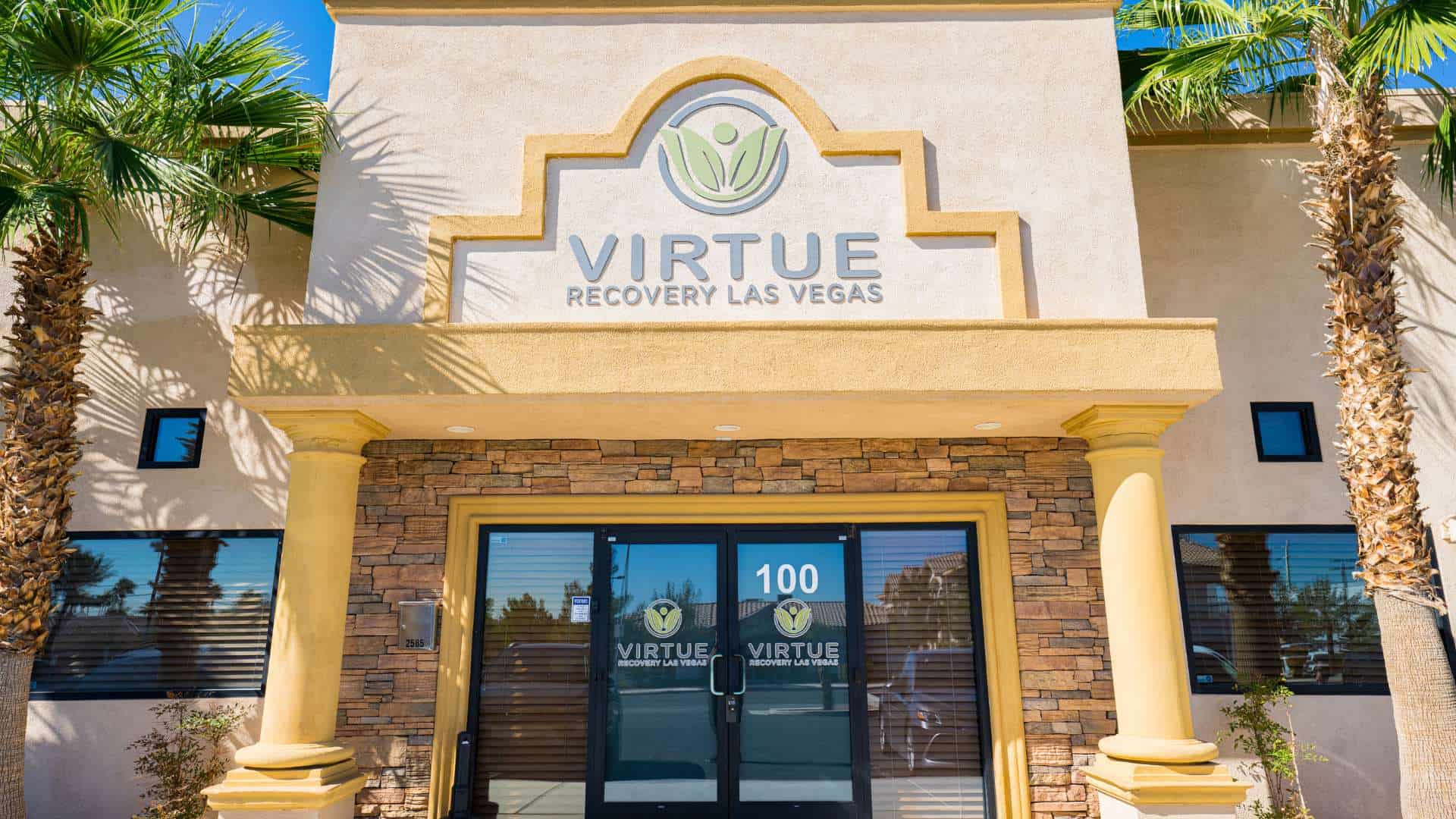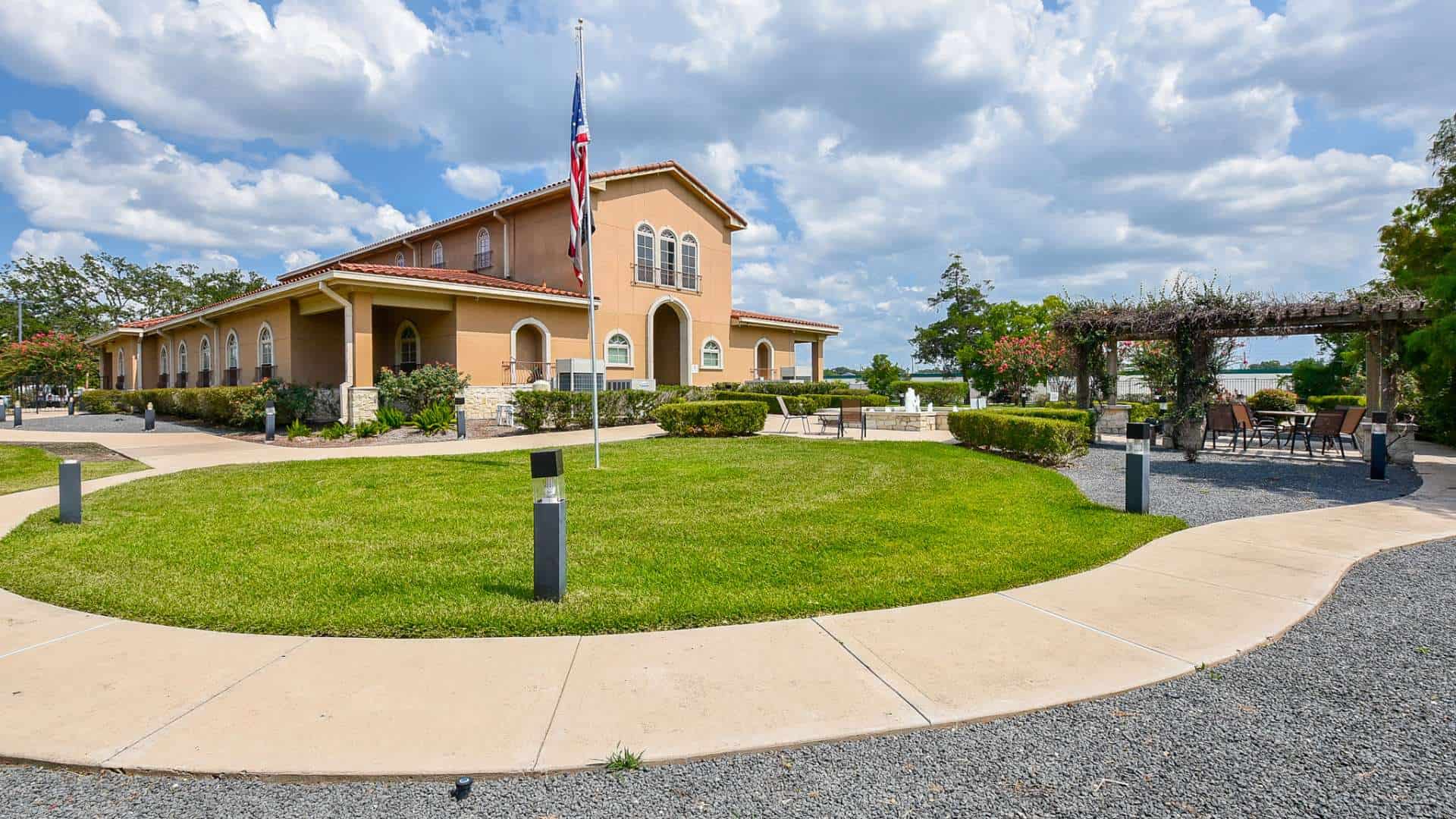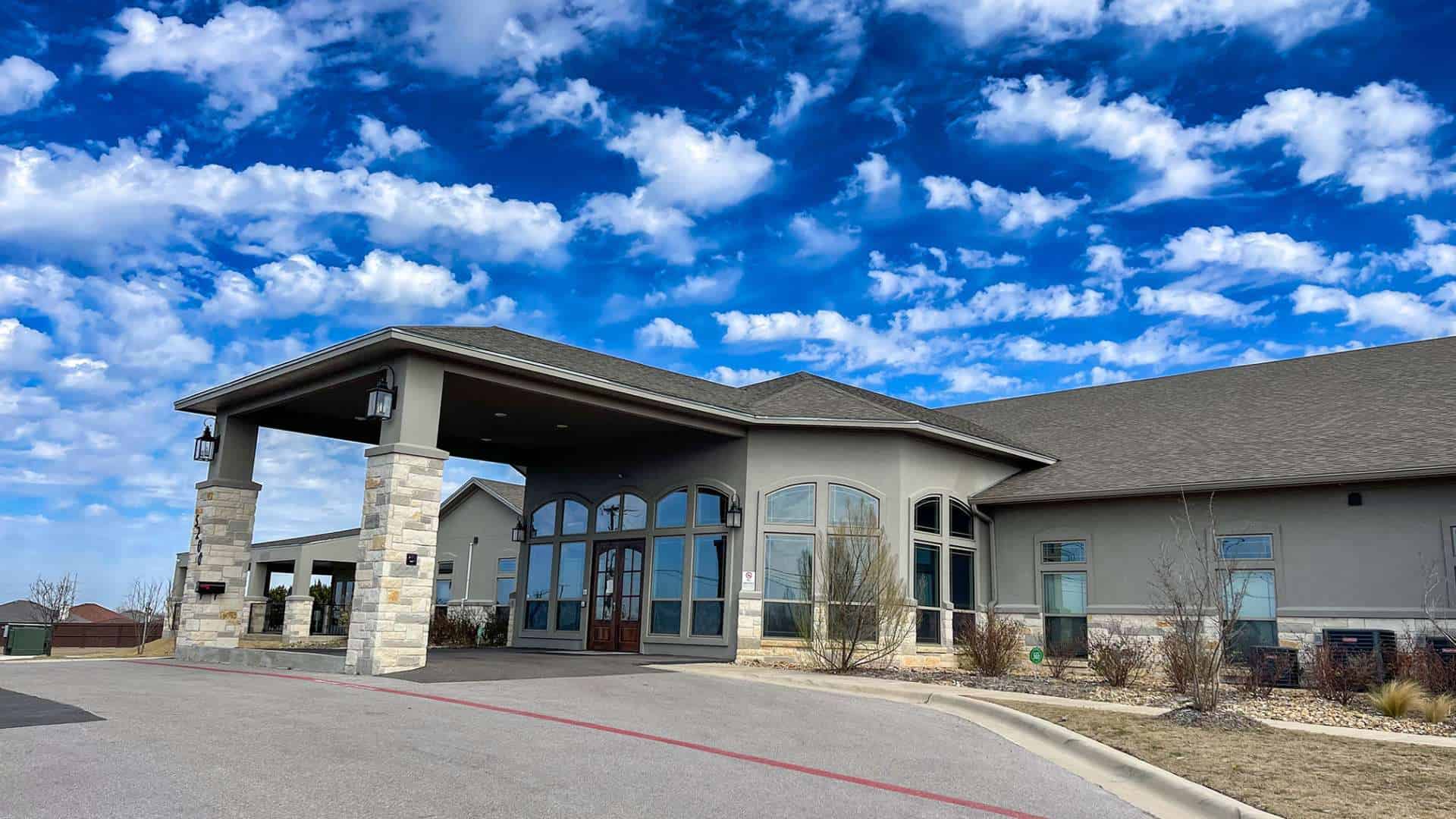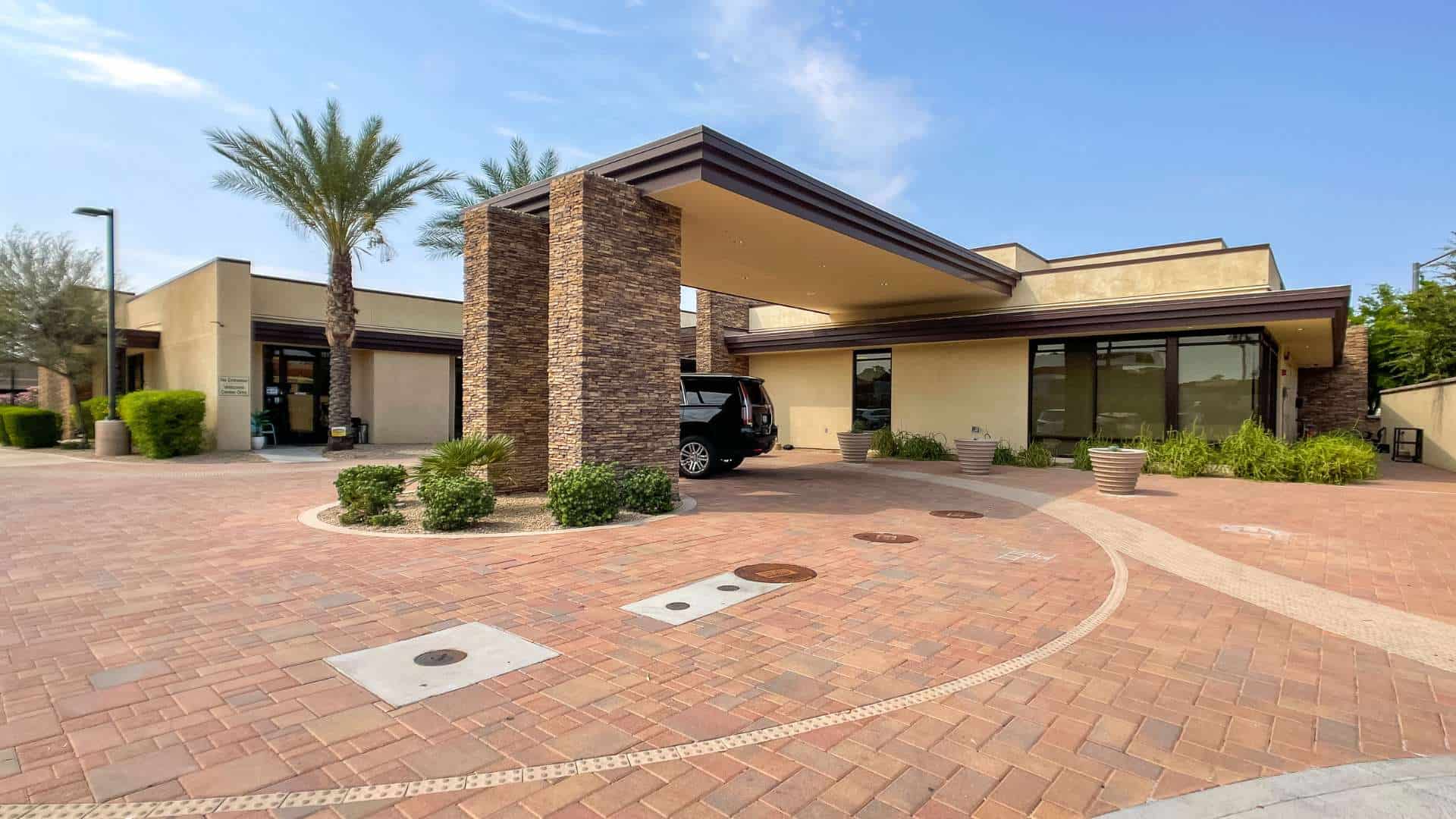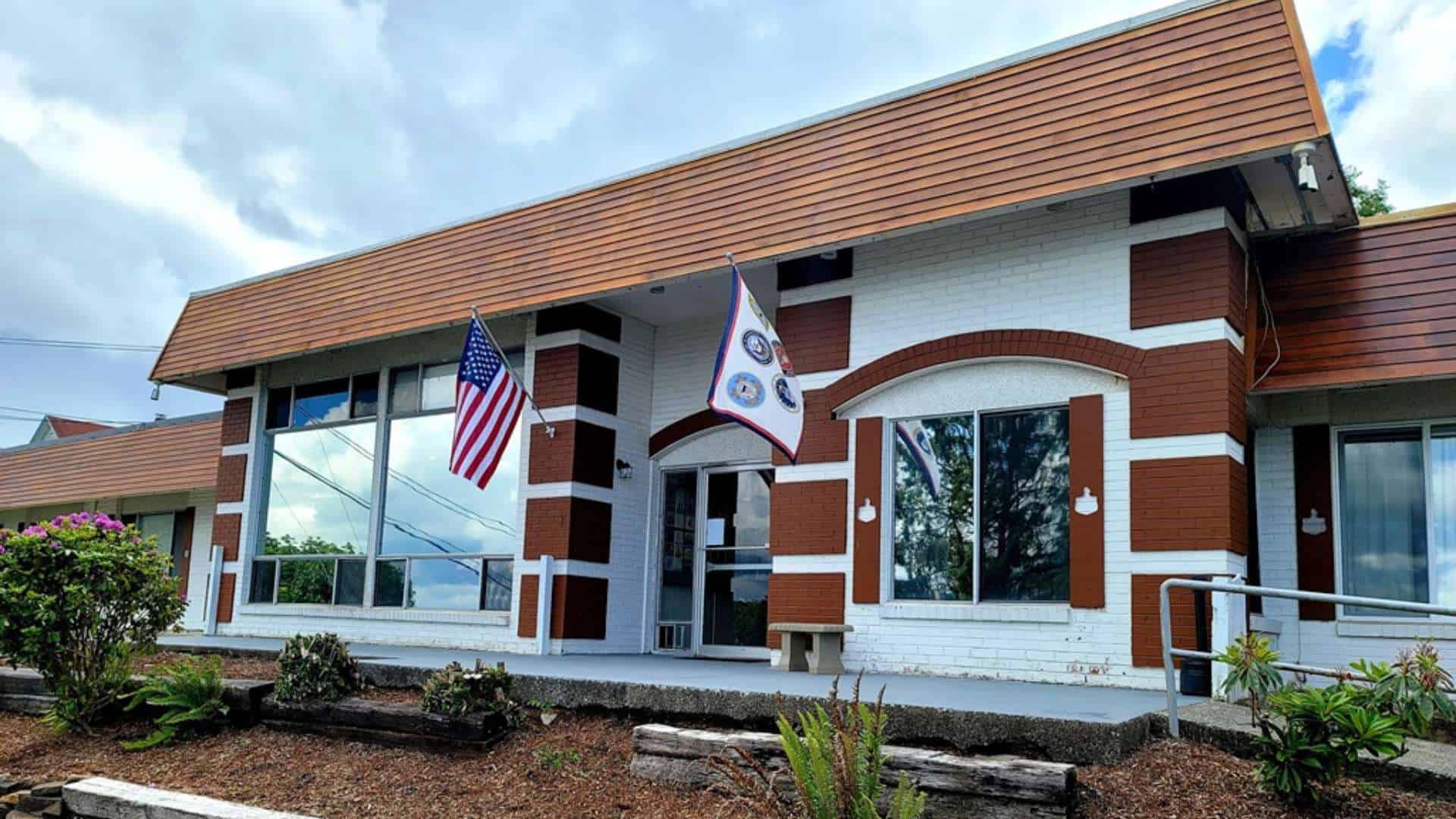Holistic therapy can offer eating disorder treatment. Several methods can help you manage your disorder and improve your overall health. One approach is mind-body techniques such as mindfulness, meditation, and yoga, which help reduce stress and anxiety that may trigger an eating disorder.
Additionally, some evidence suggests that aromatherapy may be helpful for individuals with eating disorders. For example, lavender oil has been shown to reduce anxiety and stress, and peppermint oil has been shown to improve digestion and reduce symptoms of irritable bowel syndrome (IBS), which may be helpful for those with an eating disorder who are experiencing digestive issues.
Another method is nutritional therapy, which involves maintaining a balanced and healthy diet along with supplements to address any nutrient deficiencies caused by malnutrition. Herbal medicine can also be used to support digestion and overall health.
Furthermore, energy-based therapies like acupuncture can help manage pain, reduce stress, and improve digestion. Talk therapy is another approach that can help individuals address distorted thoughts and behaviors around food. For example, cognitive-behavioral therapy (CBT) is an evidence-based talk therapy that focuses on developing healthier coping skills.
Finally, body-centered therapies such as somatic and dance/movement therapy can help you reconnect with your body and develop body acceptance.

